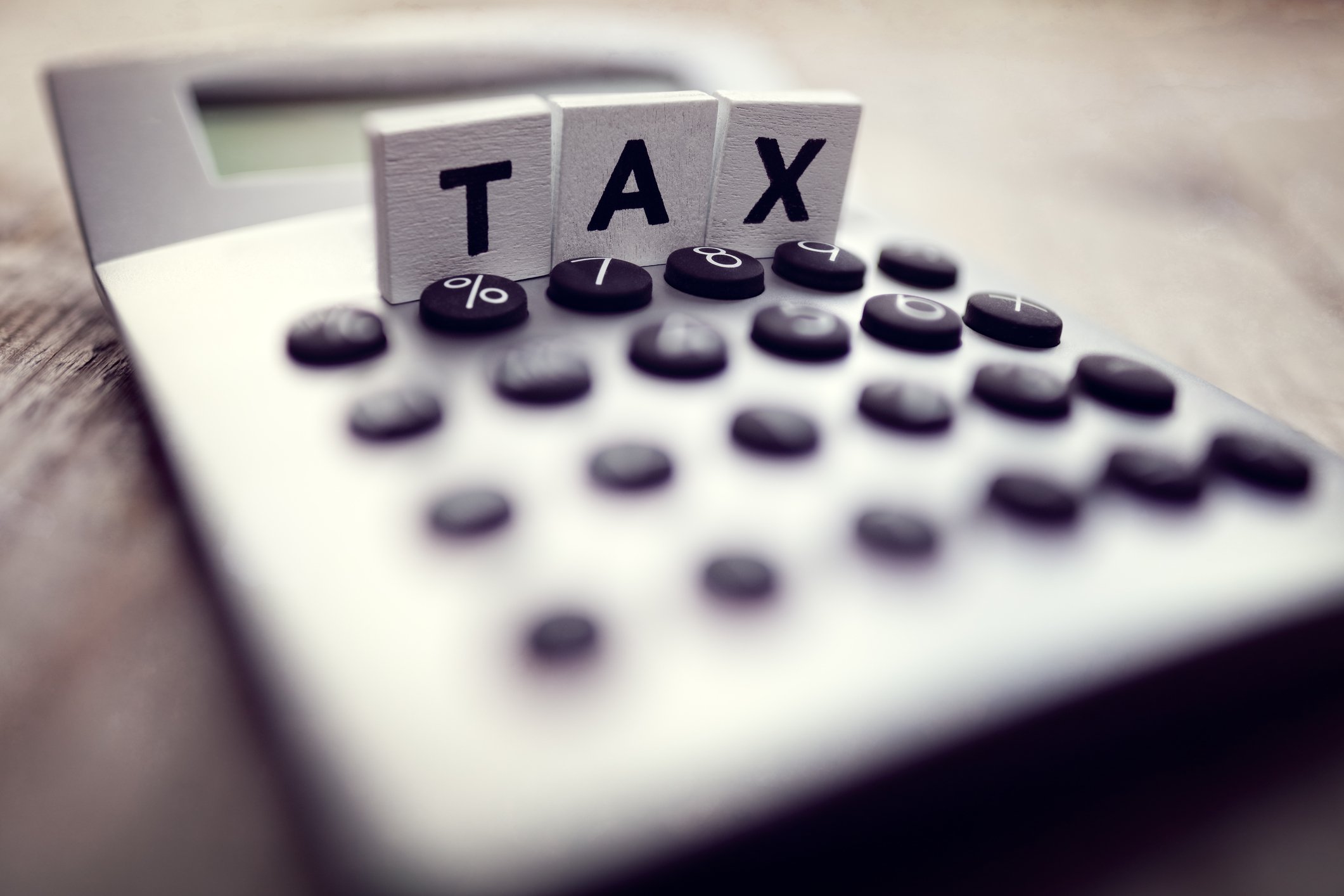Having an emergency fund to cover unexpected expenses can be a life-saver financially. But does keeping three to six months of expenses in a low-interest savings account really make sense, or should you look to invest it in higher-returning areas?
In the following video, Dan Caplinger, The Motley Fool's director of investment planning, runs through the pros and cons of keeping an emergency fund in cash versus investing it. Dan notes that the primary purpose of an emergency fund is easy access, arguing toward keeping at least some money in cash. But he notes that a balanced approach of keeping some money in liquid dividend-stock investments like iShares Select Dividend (DVY +0.58%) or SPDR S&P Dividend (SDY +0.30%) can be a smart way to improve returns. Dan emphasizes the importance of diversification, suggesting how some international dividend stocks like Unilever (UL 1.71%) and BP (BP 1.87%) as well as fixed-income alternatives like Vanguard REIT Index (VNQ +0.69%) or master limited partnerships can maximize the chances of having cash available without having to sell investments at a loss.









